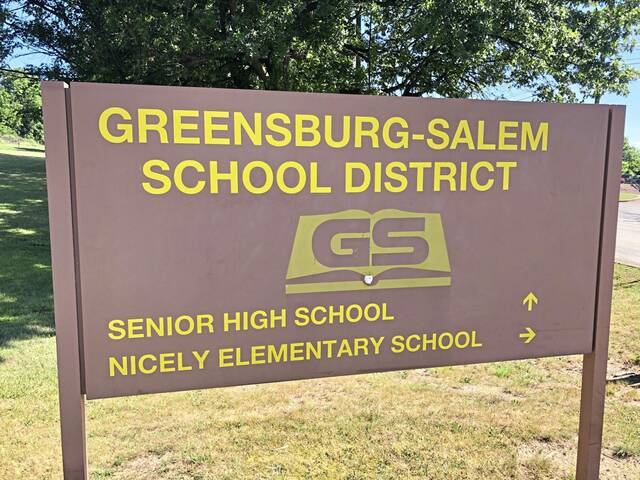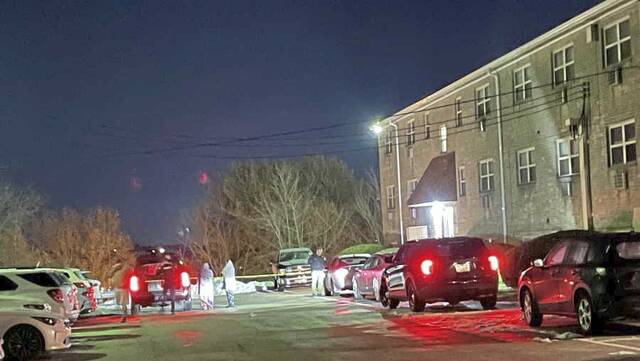About 80% of Greensburg Salem High School students enroll in courses that are eligible to receive college credits.
But only about 10% of those students pay the fees associated with actually receiving those credits, district Superintendent Ken Bissell said.
The district plans to use a $45,000 grant from the Richard King Mellon Foundation to change that and allow more students to get those credits, Bissell said. The school board accepted the funding this week.
The grant will help students during the 2023-24 school year.
“The fees they pay are administrative fees through the registrar’s office,” Bissell said. “It’s roughly $60 to $70 per credit, and they’re typically three- to four-credit courses.”
The grant will cover the credit fees for one course per student, completed in their junior or senior year of high school, Bissell said.
“Every single child has the ability to earn three college credits before they graduate, and they don’t have to worry about the financial burden,” he said.
According to Bissell, Greensburg Salem offers 22 courses in topics ranging from music theory to computer-aided mechanical design that students can receive college credits for completing. The district has articulation agreements with Westmoreland County Community College, Saint Vincent College, and Carlow and Seton Hill universities.
District to complete survey
After months of debate, the board also agreed to move forward with a school climate survey meant to obtain data for a school truancy intervention program. That effort is being funded through a $2 million grant program, also from the Mellon Foundation, that targets chronic absenteeism in the region’s school systems.
It ends a discussion that has been ongoing since October. The board voted, 7-1, to issue a 19-question school climate survey meant to gauge opinions and concerns about district schools.
The survey originally was to have been made available to all district community members, but the board decided it should be targeted specifically toward parents and guardians.
Greensburg Salem selected from survey questions provided by Communities in Schools Pittsburgh Allegheny County, Bissell said. He said administrators have yet to decide how the survey will be presented to parents.
Truancy has been on the rise at the middle and high schools since the start of the covid-19 pandemic, Bissell said. He said data from the survey will be used by “an individual who will be able to do some home visits and truancy counseling” — services that will be covered by the grant program.
“Almost a quarter of our students are in trouble in truancy,” he said. “Some cases are through warning letters, and some have progressed to charges (against parents) based on the truancy law.”
The climate survey, he said, is a requirement of the grant program and could help the district learn whether “families in certain areas are saying, ‘We’re not happy with the school, we don’t like the school.’
“The biggest thing is building a relationship with those families that have lost that trust. Sometimes what we find is, if the family sends the message that the school’s not important and the school’s not a good place for you, then the child feels they’re off the hook on that truancy issue.
“That’s why we’re having the individual do the home visits, to really work with the kids one-on-one, to start building the relationship.”
With board President Jeff Metrosky absent, Emily Miller cast the sole vote against the survey. She said it should be delayed to revise wording she believes is vague.
“Shouldn’t we revisit the survey and reword things to have greater clarity?” she said.








